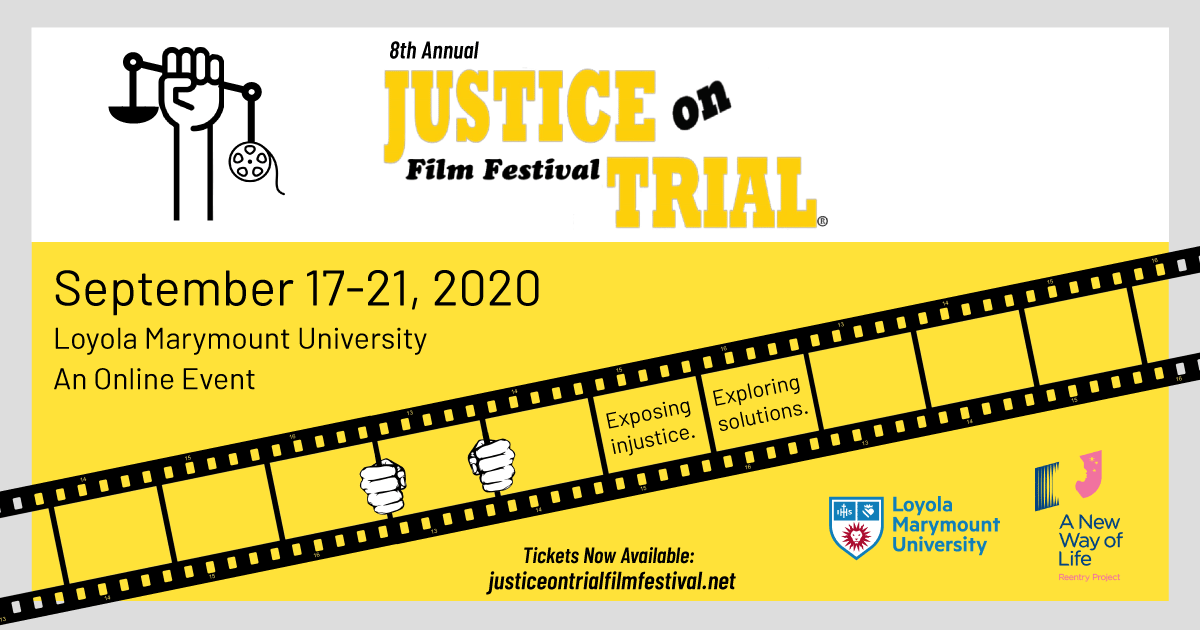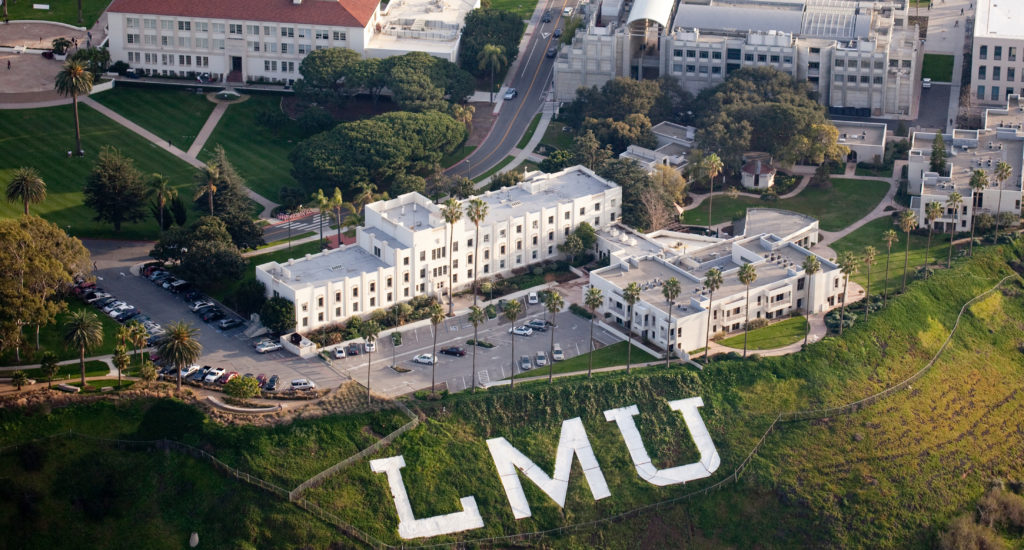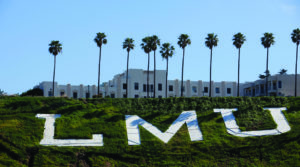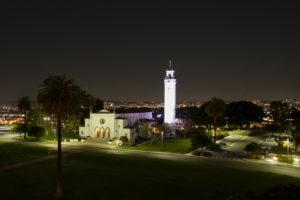BCLA | The 2020-21 edition of the Bellarmine Forum, the annual celebration of the life of the mind in relation to LMU’s mission and heritage, is themed “Building Transformative Justice Where We Stand.” We will explore how transformative justice might offer new and better solutions that address harm and accountability, as well as healing for the survivor and aggressor.
The forum’s fall signature event, the Justice on Trial Film Festival, will be hosted in partnership with A New Way of Life. Now in its eighth year, the festival will run Sep. 17-21 and feature award-winning films that “speak to the challenges encountered by people caught up in the justice system.” Tickets for remote viewing are free and more information can be found on the festival website here.
The theme of the forum has proved especially timely. It was selected prior to 2020 in response to the U.S. incarceration rate: the U.S. prisoners make up 2.3 million of the roughly 11 million people incarcerated across the world. And while no one anticipated a pandemic that would have devastating effects on our prison and jail populations, or nationwide demonstrations against systematic racism, the pandemic has made even more clear the stark public health disparities that characterize the United States. Nonetheless, Deanna Cooke, Bellarmine Forum co-director, director of BCLA Engaged Learning, and clinical assistant professor of psychology, suggests the Bellarmine Forum can “support [the] conversation [started by Black Lives Matter] by helping students visualize and then work to manifest a more just and equitable society.”
So, how might attendees manifest this kind of justice and equity? According to Andrew Dilts, Bellarmine Forum co-director and associate professor of political science, said, “Transformative justice is something that many (if not most) of us already know something about. It is what we practice when we notice a friend or a family member about to do something which might hurt themselves or others: We intervene directly to keep that from happening, keeping not only ourselves and others in mind, but the person who we are concerned about, as well.” The problem said Dilts is that “we aren’t as good at this when we think about people we aren’t already connected to.”
The work co-directors Cooke and Dilts hope to accomplish with the forum is to get people thinking about how to care for people outside of our immediate communities. In doing so, they hope LMU will begin to consider ways it too can practice transformative justice beyond its campus. “This is a key question that we will explore,” explained Cooke. “I look forward to what our LMU community can envision as its role in the broader society.”




